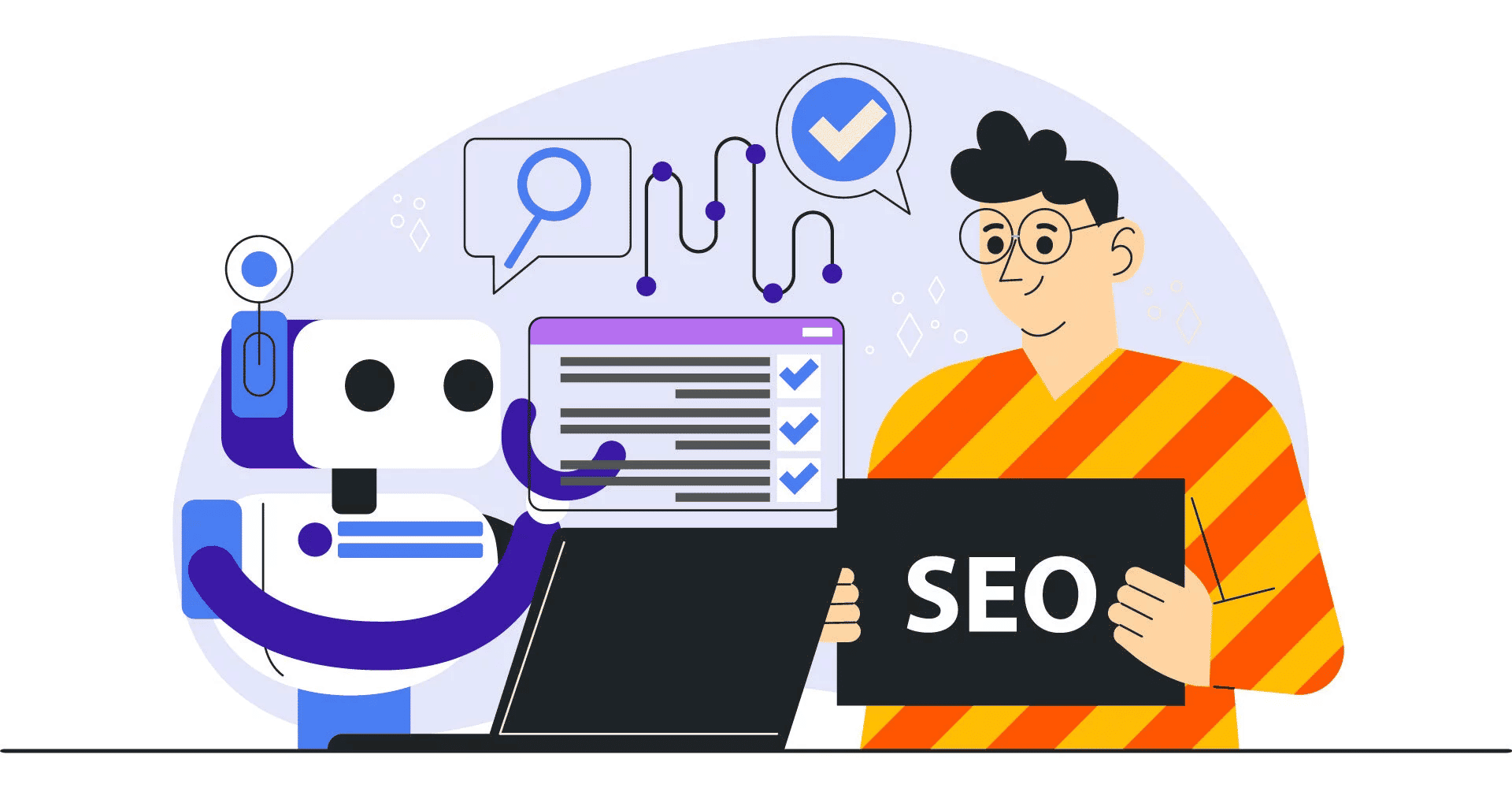In today’s rapidly changing world, lifelong learning is more important than ever. Continuous education and skill development are essential for personal and professional growth, enabling individuals to stay relevant and competitive in 2024.
Adapting to Technological Advancements
Technological advancements are transforming industries and job roles at an unprecedented pace. Lifelong learning allows individuals to keep up with these changes by acquiring new skills and knowledge. Courses in emerging fields such as artificial intelligence, data science, and digital marketing can open up new career opportunities and ensure adaptability in the job market.
Enhancing Career Opportunities
Lifelong learning enhances career opportunities by providing the skills and credentials needed to advance in one’s career. Many employers value employees who demonstrate a commitment to continuous improvement and professional development. Earning certifications, attending workshops, and pursuing advanced degrees can lead to promotions, higher salaries, and new job prospects.
Personal Growth and Fulfillment
Beyond professional benefits, lifelong learning contributes to personal growth and fulfillment. Learning new subjects, exploring hobbies, and gaining knowledge in areas of interest enriches life experiences and broadens perspectives. Engaging in continuous education can also boost mental health by keeping the mind active and engaged.
Leveraging Online Learning Platforms
Online learning platforms play a crucial role in facilitating lifelong learning. Platforms like Coursera, LinkedIn Learning, and edX offer a wide range of courses and programs that cater to various interests and skill levels. These platforms provide the flexibility to learn at one’s own pace, making it easier to balance education with other commitments.
Creating a Learning Plan
To make the most of lifelong learning, it’s important to create a structured learning plan. Identify areas of interest or skills that need improvement, set specific goals, and allocate time for regular study. Utilizing resources such as online courses, books, podcasts, and webinars can help achieve these learning objectives.







